Mega Man. Sonic the Hedgehog. Final Fantasy. Resident Evil. Silent Hill. These are just a small number of franchises that helped define my personal gaming history. And they’re also franchises with fans who react to new titles with less “oh, great!” and more “ugh, not again.”
This is kind of an inversion from the earlier days of gaming; I remember that there was once an unofficial rule that movie sequels were always terrible while game sequels were always good. In several of the above cases, the franchises even have provided some great games along the way, but they’re also games that didn’t connect with the long-time fans who would have been eagerly awaiting the next installment.
So why aren’t older franchises evergreen? Why do the games you loved two decades ago not lead to more games in the same style now? The answer is that there are a lot of reasons why classic franchises aren’t great forever, and it’s helpful to understand why that’s the case.
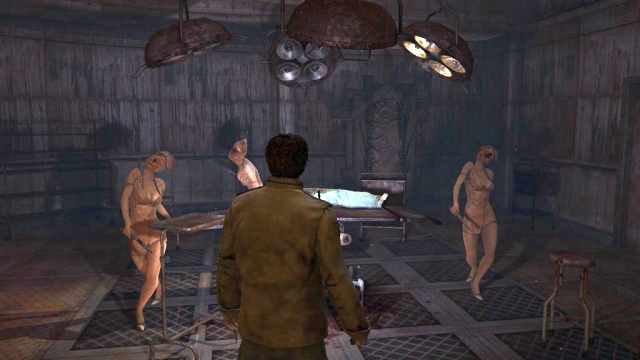
The people responsible have left…
When people start listing the great Silent Hill games, they always include the first three, usually including the fourth with a bit of a grudging nod, and pretty much never include the later games. Incidentally, the first four games were the only ones developed by Team Silent at Konami, with each subsequent installment developed by a completely different team.
Does that surprise you? It shouldn’t. The creative team behind a game can really inform a lot of what goes into the actual game, and that goes beyond just saying that the original designers are always the best at designing a franchise. Teams that work together and develop multiple games can often produce games that feel very similar to one another in a positive way, but once people move on or new people come on board, the games they produce often feel very different even if they have the same core ideas. When Inafune left Capcom, that didn’t stop the publisher from making more Mega Man games… but it also meant that the original creator wasn’t there any longer, and that was after several staff and platform changes.
You can’t just hand off tasks to an endless series of different people who don’t necessarily understand the appeal of the original games. Watching a team really nail a franchise for multiple installments is a thing of beauty; witness the past few Persona titles, for example. But it’s never permanent.
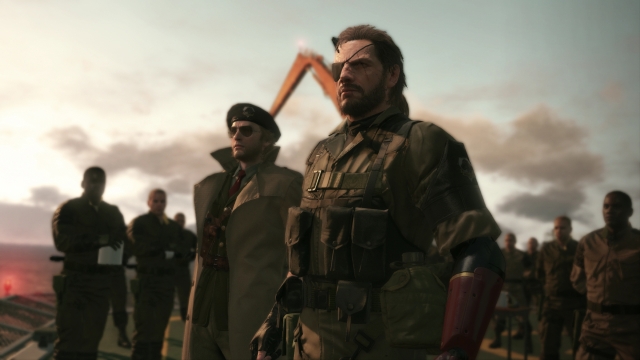
…and they might not have the spark left anyway
Here’s a fun fact: Hideo Kojima wanted to leave the Metal Gear franchise after every single title. Why does Metal Gear Solid 2 end with such a bizarre, nonsensical cliffhanger? Because Kojima never intended to resolve it. He didn’t want any lingering cliffhangers after the first Metal Gear Solid, he wanted to make that and be done with it. But he kept getting pulled back for another one, resulting in an ongoing contest of wills in which the franchise just would not die.
It’s not just a matter of spite, though; playing through Mighty No. 9 repeatedly made me think that maybe Inafune needed to hang up his hat, that he just didn’t have any more Mega Man in him. The reality of that, is that it’s fine. Games are art like any other form, and it’s fine to hand off the reins to someone new after a while. It just means that you are going to see a different sort of game, probably one that doesn’t exactly resemble the originals.
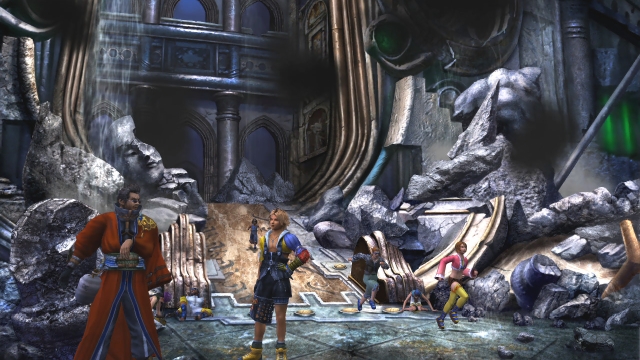
The franchise has evolved past your memory
Final Fantasy was Hironobu Sakaguchi’s last game ever. That was the plan. He made a game he never expected to sell as a wild experiment, so he could leave the field happy. Instead, it wound up becoming a huge success, resulting in a long-running series that has always brought on a wide variety of different developers and storytellers to make a series of games that are not meant as direct sequels to one another.
When people complain that, say, Final Fantasy XIII feels so different from classic Final Fantasy games, it stands out simply because most of those classic games also feel so different from one another. The franchise is built on doing something new with every single installment, and while some of the conceptual walks are further than others, you’d be hard-pressed to find a single pair of games that feel like the same game with a different set of wrappers.
The bright side is that it means that each new title is something fresh and different. The down side is that if you buy Final Fantasy XIII expecting Final Fantasy VI but new, you’re going to be disappointed. The exchange for a franchise never getting stale is that it doesn’t maintain the same shape indefinitely.
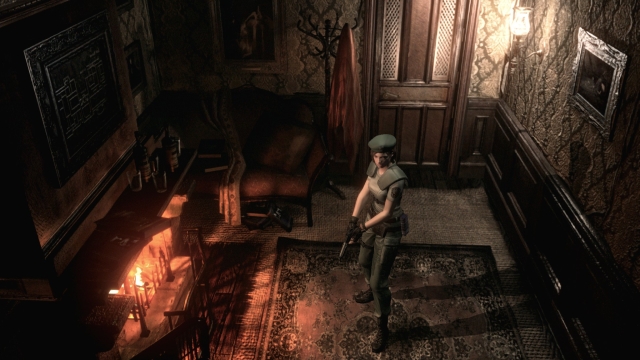
The environment has changed too much
You could not release Resident Evil today as a brand-new game without the weight of the franchise behind it. The game’s awkward controls and pre-rendered backgrounds worked in no small part because of when it was released; if it was launched today it would be panned for bad acting, bad storytelling, weak gameplay, and poor graphics.
All that is fine. But there’s an attached point that’s easy to overlook: every new release in a franchise is the first release for someone. Yes, you’ve been playing Sonic the Hedgehog since the oddly stutter-stop motion of the first game in the series, but to someone out there, the most recent game starring a blue hedgehog is the first one they’ve ever played. And the fact of the matter is that these franchises need to evolve, simply to continue marketing themselves against legions of other games who have been inspired and influenced by these originals.
This is particularly true of older games that marketed themselves on punishing difficulty designed to artificially extend the game by eating up quarters. (Even if you didn’t actually have quarters.) No one is willing to buy a new game for $60 that you can blow through in an hour but takes you time to beat because you just keep getting killed consistently. That means that designers need to bulk out the game in some way, and in the case of franchises that traditionally work on the basis of straightforward smashing sequences, it means that the core needs to change to account for the new gaming environment.
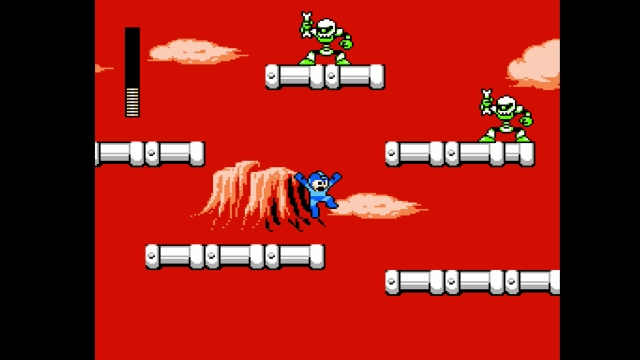
There’s no longer a market
It barely needs to be said that the gaming market and environment is very different now compared to where it was in, say, 1990. And yes, some of that is as simple as the fact that video games are no longer exclusively sold in the back reaches of department stores who might put one or two on the shoe racks if they find the box, but it goes much further than that. The availability of gaming devices, the ways we engage with games, the budgets of big titles… everything is different.
This means that even old franchises need to adapt and change, as mentioned above, but it goes beyond bulking out games. Our patience for some features has evaporated, while our patience for others has increased. When Blizzard first launched StarCraft, online play was a novelty that was essentially just a bonus; when StarCraft II came out, it was a major component of the game.
Unfortunately, it does mean that some of the stuff you loved from back in the day just doesn’t stick around. But on the bright side, it means that there’s a neverending stream of new things. We live in a world with such a maddening surfeit of gaming options that even if your favorite franchise goes in a direction you no longer care for, there are still so many new games out there. You can almost certainly find something that appeals specifically to you.
Or you can just play Pokémon. I mean, let’s be real, that gameplay isn’t changing much until the heat-death of the universe.

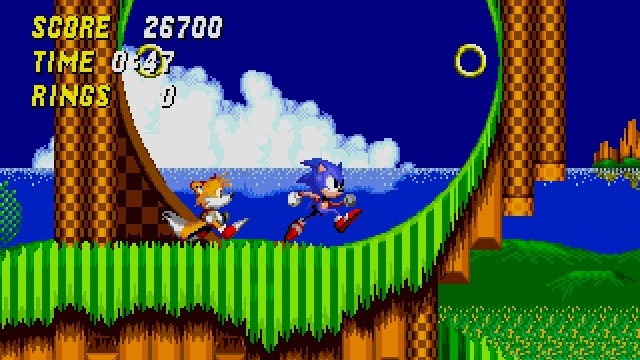





Published: Oct 18, 2016 09:43 am